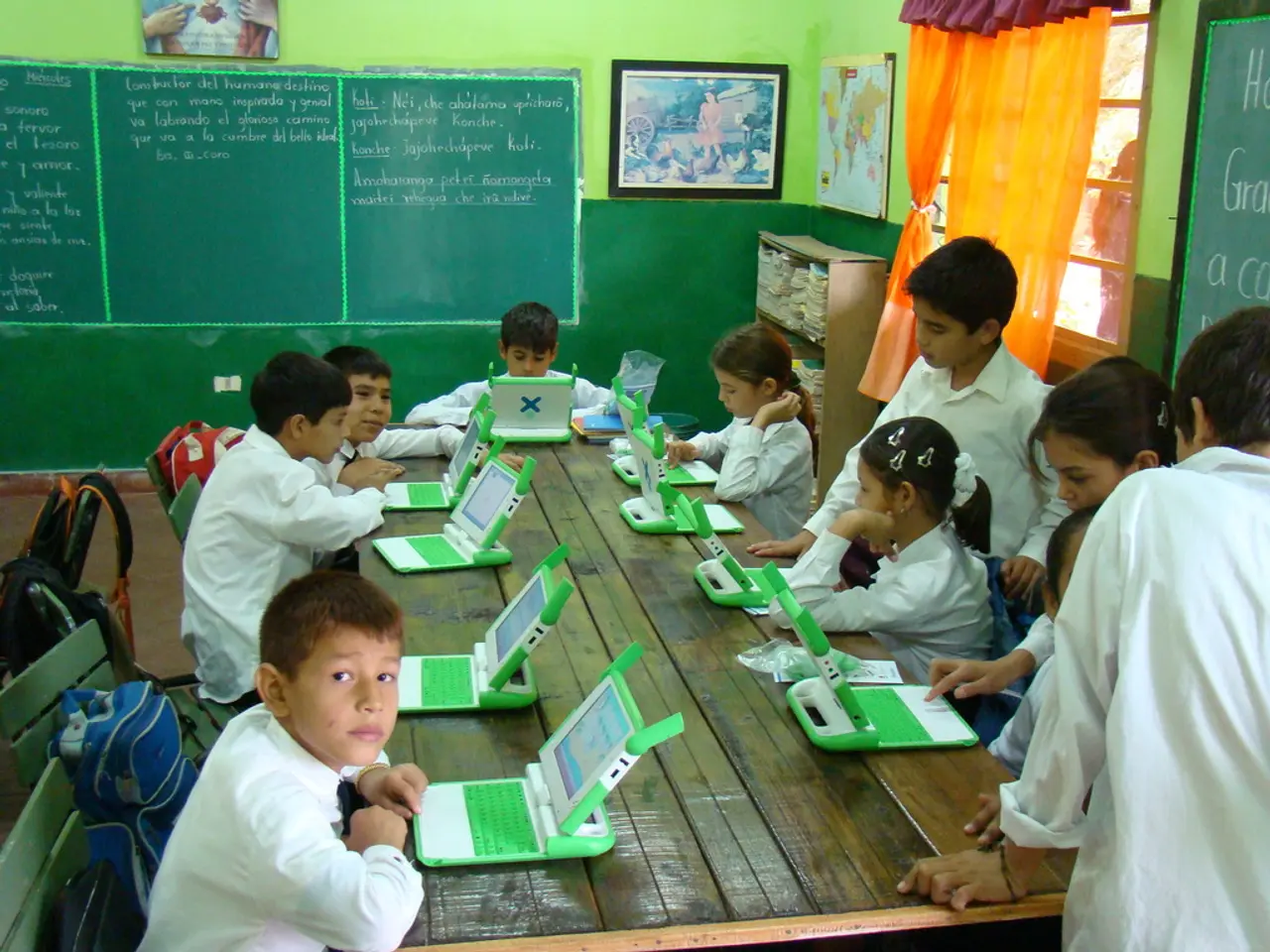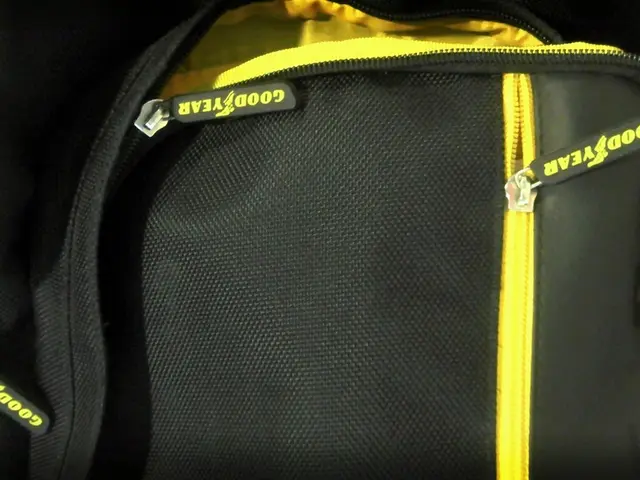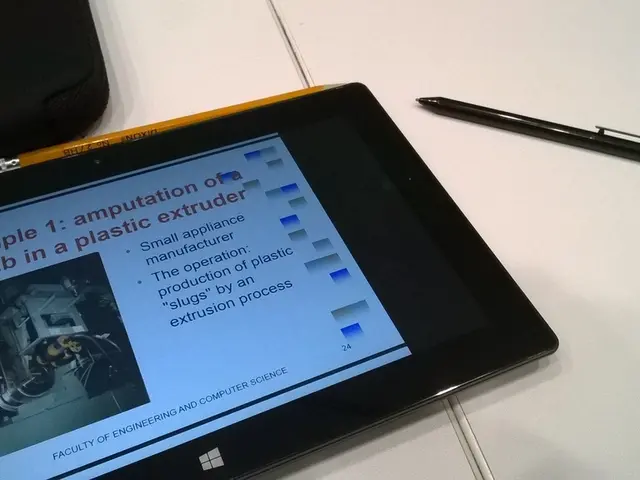DRC Adopts Blockchain Technology to Combat Issuance of Counterfeit Diplomas
The Democratic Republic of Congo (DRC) has taken a significant step towards modernizing its education system with the introduction of "e-Diplôme", a blockchain-based platform designed to manage and secure academic qualifications. This initiative is viewed as a proactive effort to restore trust in its academic institutions and combat longstanding challenges in diploma fraud and administrative inefficiency [1][2].
By digitizing and securing state-issued diplomas on a blockchain, e-Diplôme provides tamper-proof, immutable records that can be instantly authenticated online. This drastically reduces the incidence of forged diplomas circulating within and beyond the country, since diplomas are cryptographically secured and verified through the platform [1][2].
The platform enhances transparency in the education system by providing a public, verifiable source of academic credentials. Graduates, employers, universities, and embassies can verify the authenticity of diplomas instantly, ensuring credibility and trust in academic records [1][2].
e-Diplôme centralizes diploma management in a digital form, eliminating the need for manual verification and paper-based processes. This leads to faster processing times for diploma verification, reduces administrative overhead, and cuts down on risks of physical document loss or deterioration [2].
Diplomas are permanently archived on the blockchain, safeguarding against data loss or damage. The platform also represents a broader government push towards digital modernization and sovereignty by harnessing secure, decentralized technologies for public administration [1][2].
According to government officials, the e-Diplôme initiative positions the DRC’s education system as a model of governance within Central Africa, showcasing how blockchain technology can be used to modernize essential public services and promote accountability [1][2].
The effectiveness of the platform depends on the authenticity of the data initially input. Blockchain ensures immutability only after records are entered, so forged diplomas created before uploading may still pose challenges unless initial verification is strict [1].
The system aims to streamline interactions between schools, ministries, and recruiters by removing paper documents and manual processing. The e-Diplôme platform, accessible through www.schoolap.cd, could serve as a model for other countries facing similar issues of document authenticity and slow bureaucratic processes [1][2].
The DRC signals its intent to move forward in the digital era with the launch of e-Diplôme, setting the stage for a more transparent and technologically advanced future in education governance. The broader goal of e-Diplôme is to instill greater public confidence in government services as digital transformation becomes a priority across Africa [1][2].
References:
[1] "DRC Launches Blockchain-Based Education Platform to Combat Diploma Fraud." Cointelegraph, 24 July 2021, https://cointelegraph.com/news/drc-launches-blockchain-based-education-platform-to-combat-diploma-fraud.
[2] "DRC Introduces Blockchain-Based Education Platform e-Diplôme." African Business, 23 July 2021, https://www.africanbusinessmagazine.com/technology/22584-drc-introduces-blockchain-based-education-platform-e-diplôme/.
By incorporating blockchain technology, e-Diplôme not only aims to combat diploma fraud and administrative inefficiency in education, but also presents a potential foray into financing, as the secure and transparent platform could be applied to other financial transactions beyond diploma management [1][2].
The digital streamlining of essential public services, such as education and diploma management, through platforms like e-Diplôme, exemplifies the role of technology in promoting accountability and enhancing educational self-development opportunities across the Democratic Republic of Congo [1][2].




